Little known ways to use natural fertilizers in your kitchen garden
N-Natural fertilizers
Introduction:
In today’s world of eco-conscious gardening, natural fertilizers for sustainability have emerged as the go-to choice for nurturing plants without resorting to synthetic chemicals.
By harnessing the power of compost, manure, and organic matter, gardeners can enrich their soil and promote healthier, more sustainable growth in their kitchen gardens.
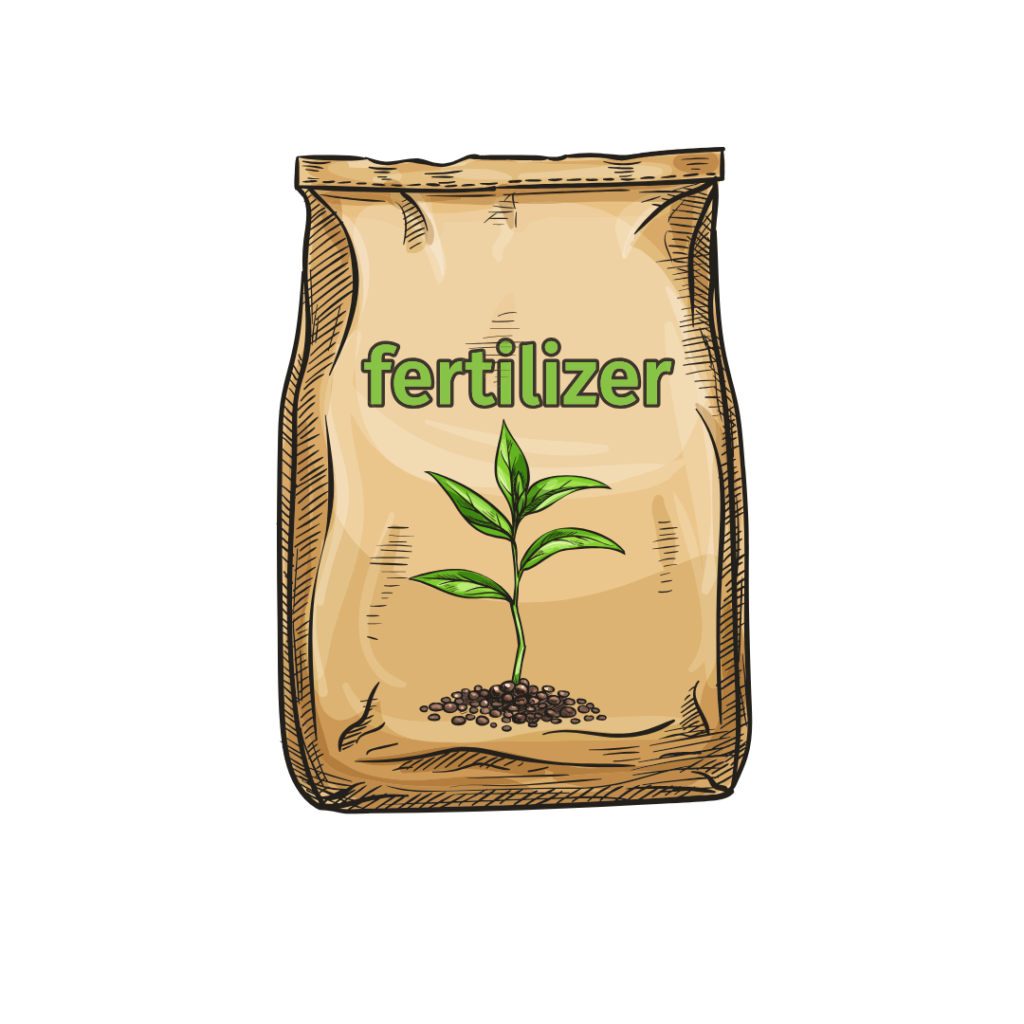
we delve into the world of natural fertilizers for sustainability in your kitchen garden, exploring their benefits, the types available, and how to effectively incorporate them into your gardening routine.
Whether you’re a beginner looking to cultivate your vegetables or an experienced one seeking to enhance your soil fertility.
let’s unlock the secrets to a flourishing kitchen garden.
Benefits of Using Natural Fertilizers
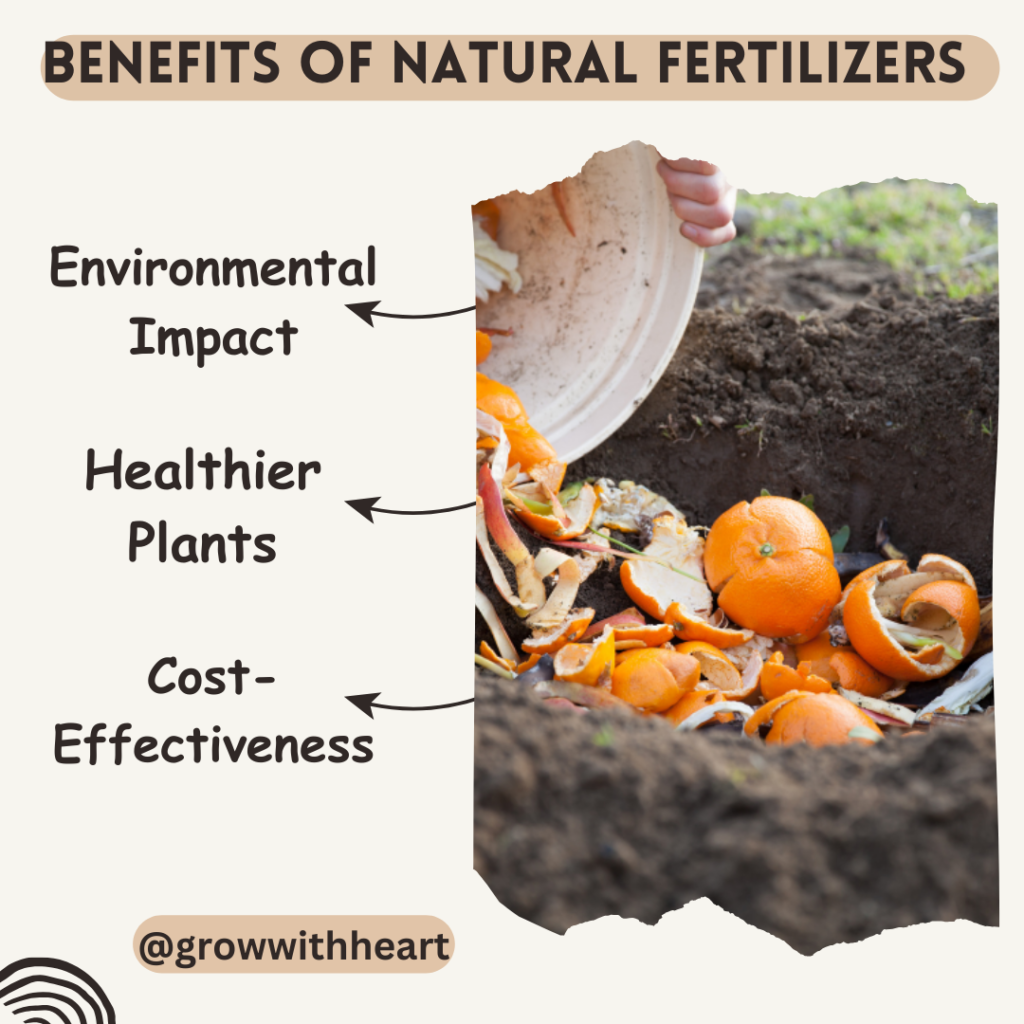
Environmental Impact
One of the primary advantages of natural fertilizers is their minimal environmental impact.
Unlike synthetic fertilizers, which can leach harmful chemicals into the soil and waterways, natural fertilizers are made from organic materials that break down naturally, enriching the soil without causing harm to the ecosystem.

Healthier Plants
Natural fertilizers provide essential nutrients to plants in a form that is readily absorbed, resulting in healthier, more robust growth.
They also promote biodiversity in the soil, supporting a thriving ecosystem of beneficial microorganisms that contribute to plant health.
Cost-Effectiveness

Types of Natural Fertilizers
Compost

Compost is a nutrient-rich soil amendment made from decomposed organic matter such as kitchen scraps, yard waste, and leaves. It provides a balanced blend of essential nutrients and improves soil structure, helping plants to grow strong and healthy.
Manure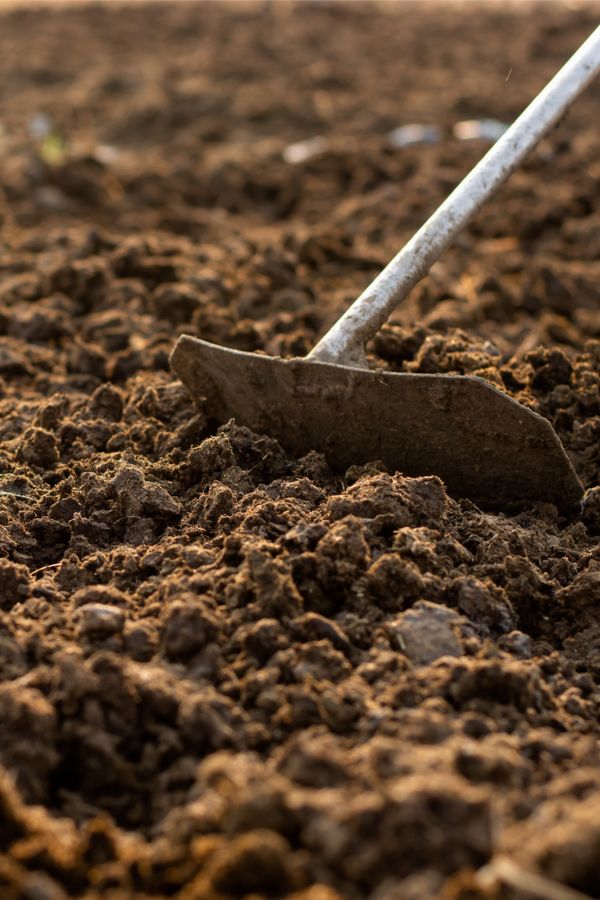
Manure, whether from livestock or poultry, is a valuable source of nitrogen, phosphorus, and potassium, as well as other trace minerals. When used properly, it can boost soil fertility and promote vigorous plant growth.
Organic Matter
Incorporating organic matter such as shredded leaves, grass clippings, or straw into the soil can improve its structure, water retention, and nutrient content. Over time, organic matter breaks down, releasing nutrients gradually and feeding beneficial soil organisms.
How to Make Compost
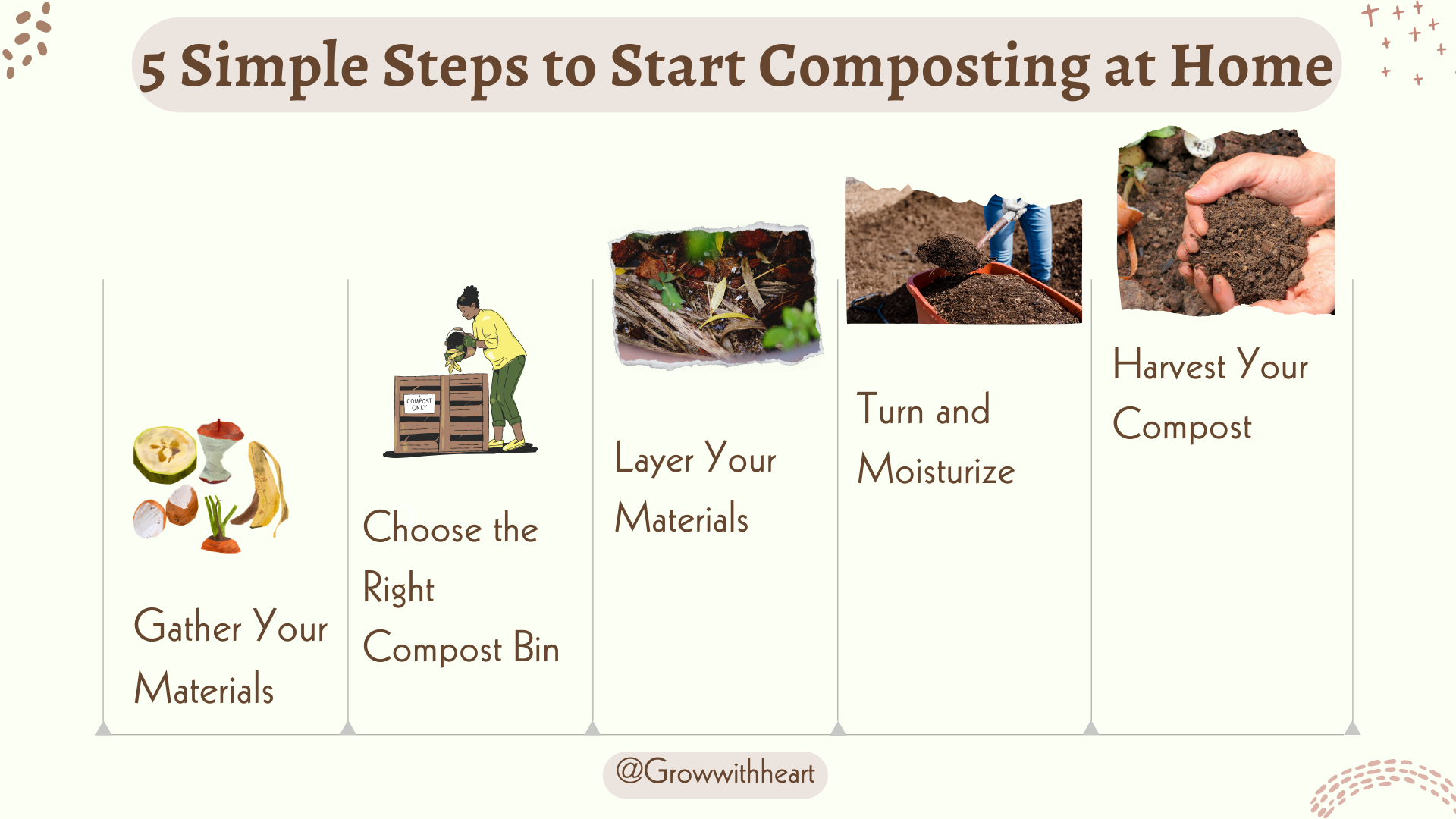
Materials Needed
To make compost, you’ll need a mix of brown materials (such as dried leaves or straw) and green materials (such as kitchen scraps or grass clippings), as well as water and air.
Composting Process
Start by layering your brown and green materials in a compost bin or pile, making sure to keep the pile moist and aerated. Turn the compost regularly to speed up the decomposition process, and within a few months, you’ll have rich, crumbly compost ready to use in your garden.
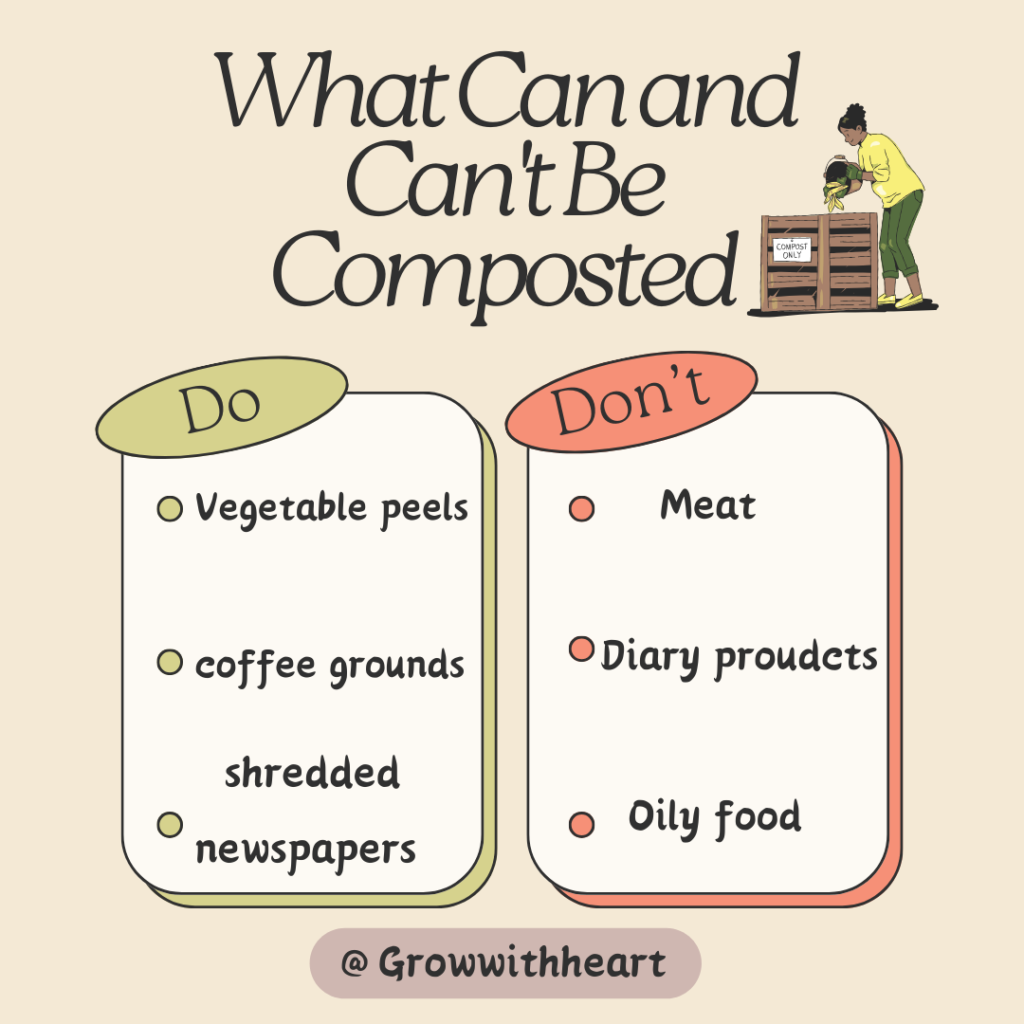
Tips for Successful Composting
To ensure successful composting, aim for a balance of carbon and nitrogen-rich materials, maintain adequate moisture levels, and turn the compost regularly to aerate it and speed up decomposition.
Using Manure as Fertilizer
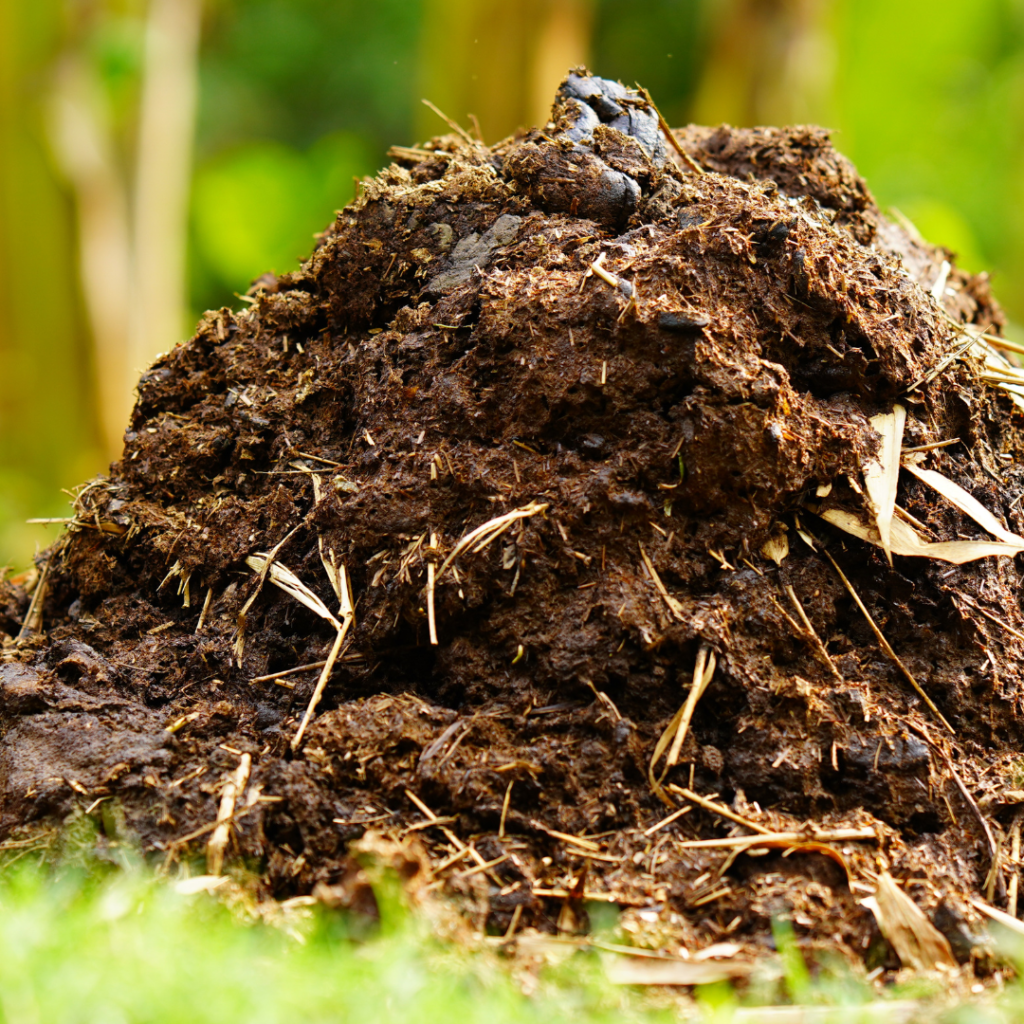
Types of Manure
Different types of manure, such as cow, have varying nutrient compositions and should be used accordingly. Avoid using fresh manure, as it can burn plants; instead, compost or age the manure before applying it to your garden.
Application Methods
Manure can be applied to the soil either by incorporating it into the soil before planting or by top-dressing around established plants.
Be sure to follow safe handling practices to avoid contamination and minimize odors.
Precautions and Considerations
When using manure as fertilizer, it’s essential to consider factors such as nutrient content, potential pathogens, and the risk of nitrogen runoff.
Use manure sparingly and in conjunction with other fertilizers to avoid overloading the soil with nutrients.
Incorporating Organic Matter into Soil
Sources of Organic Matter
Organic matter can be sourced from a variety of materials, including kitchen scraps, yard waste, and plant residues.

Shredded leaves, grass clippings, and straw are particularly effective for improving soil structure and fertility.
Benefits for Soil Health
In addition to providing essential nutrients, organic matter improves soil structure, enhances water retention, and promotes the growth of beneficial soil organisms. It also helps to reduce erosion and compaction, leading to healthier, more resilient soil.
Techniques for Application
To incorporate organic matter into the soil, simply spread it evenly over the surface and work it into the top few inches of soil using a garden fork or tiller. For best results, apply organic matter in the fall and spring to replenish nutrients and improve soil health.
Tips for Maximizing the Benefits of Natural Fertilizers
- Rotate crops regularly to prevent nutrient depletion and reduce the risk of pests and diseases.
- Mulch around plants to conserve moisture, suppress weeds, and regulate soil temperature.
- Test your soil periodically to assess nutrient levels and pH balance, adjusting your fertilization practices accordingly.
Common Mistakes to Avoid
- Overusing natural fertilizers, which can lead to nutrient imbalances and soil degradation.
- Applying fresh manure directly to plants, which can burn roots and introduce pathogens.
- Neglecting to turn or aerate your compost pile, resulting in slow decomposition and foul odors.
Conclusion
Natural fertilizers offer a sustainable, cost-effective solution for nourishing your kitchen garden and promoting healthy, thriving plants.
By harnessing the power of compost, manure, and organic matter, you can enrich your soil, reduce your environmental footprint, and enjoy bountiful harvests year after year.
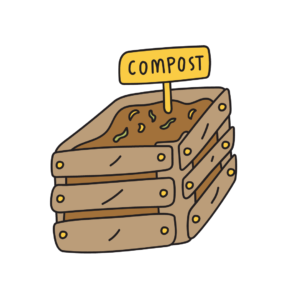

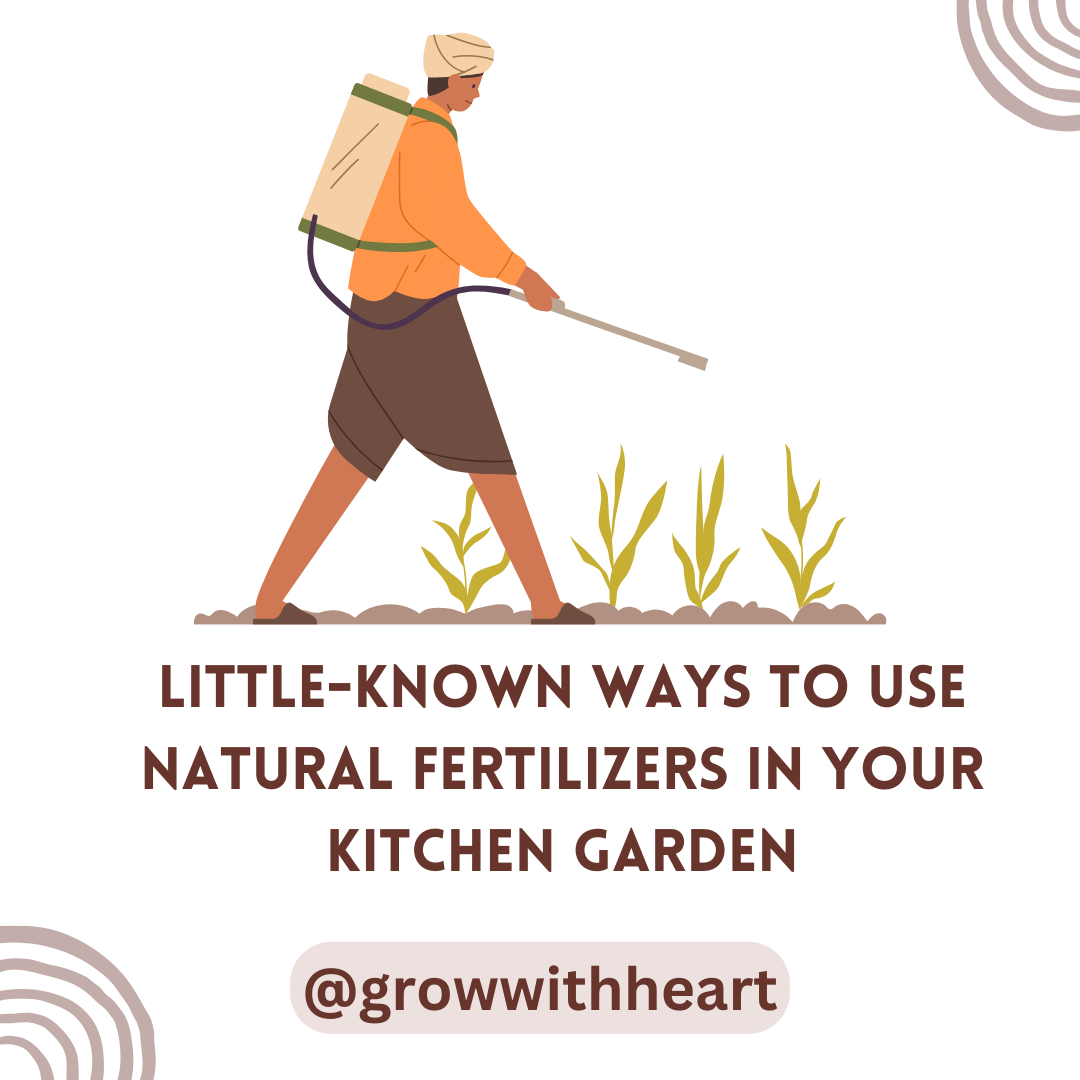
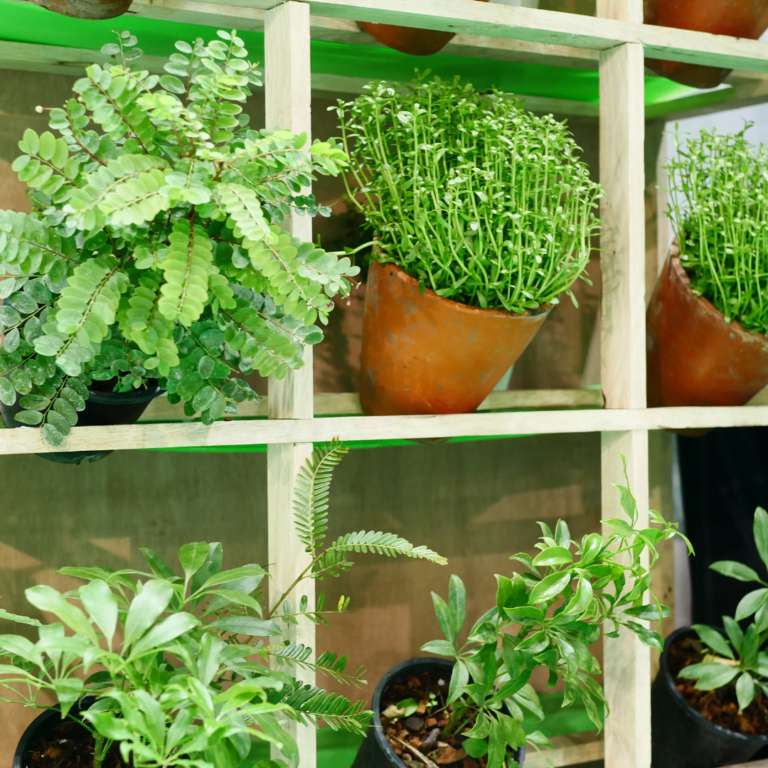
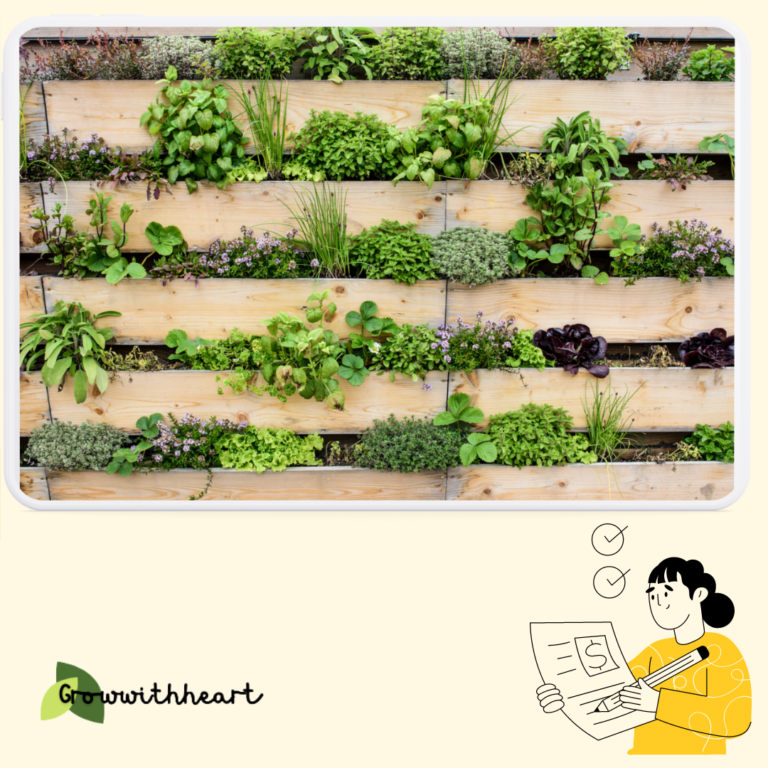

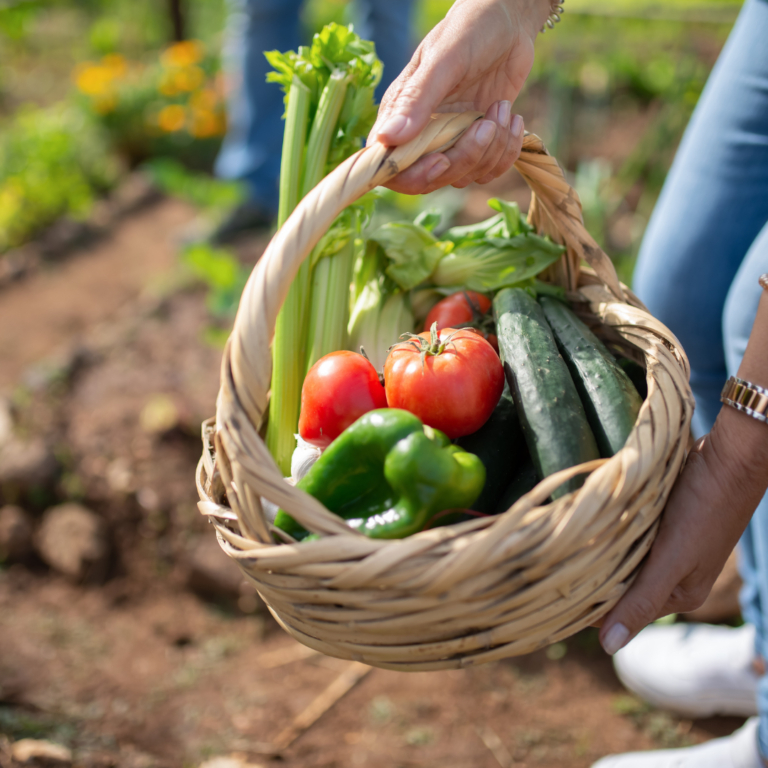
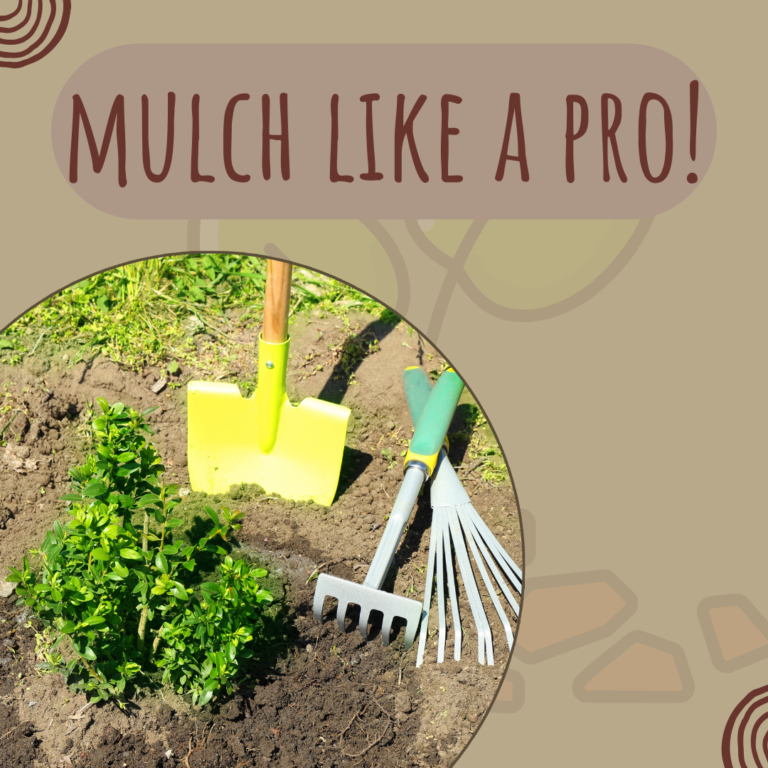
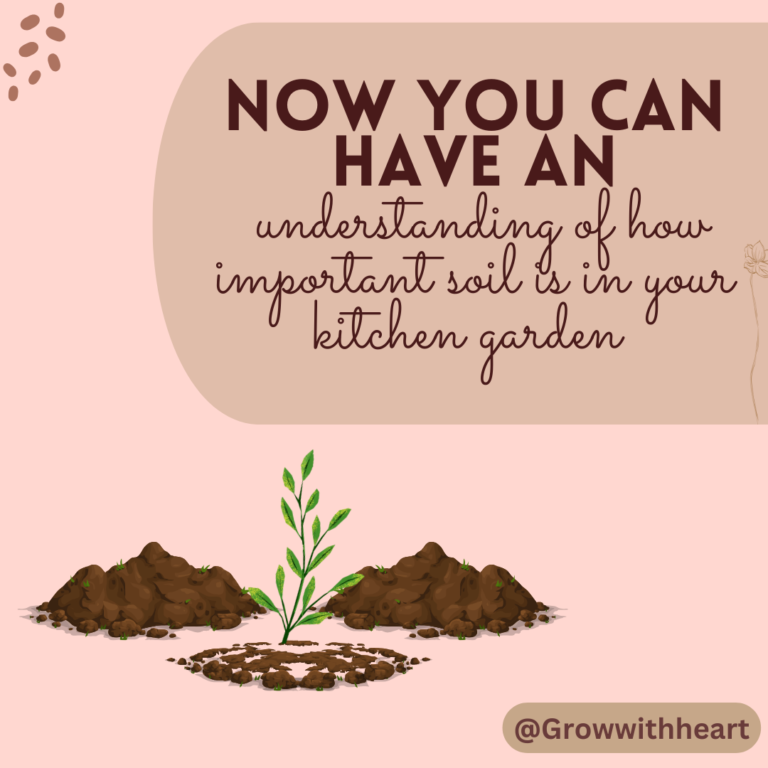
4 Comments